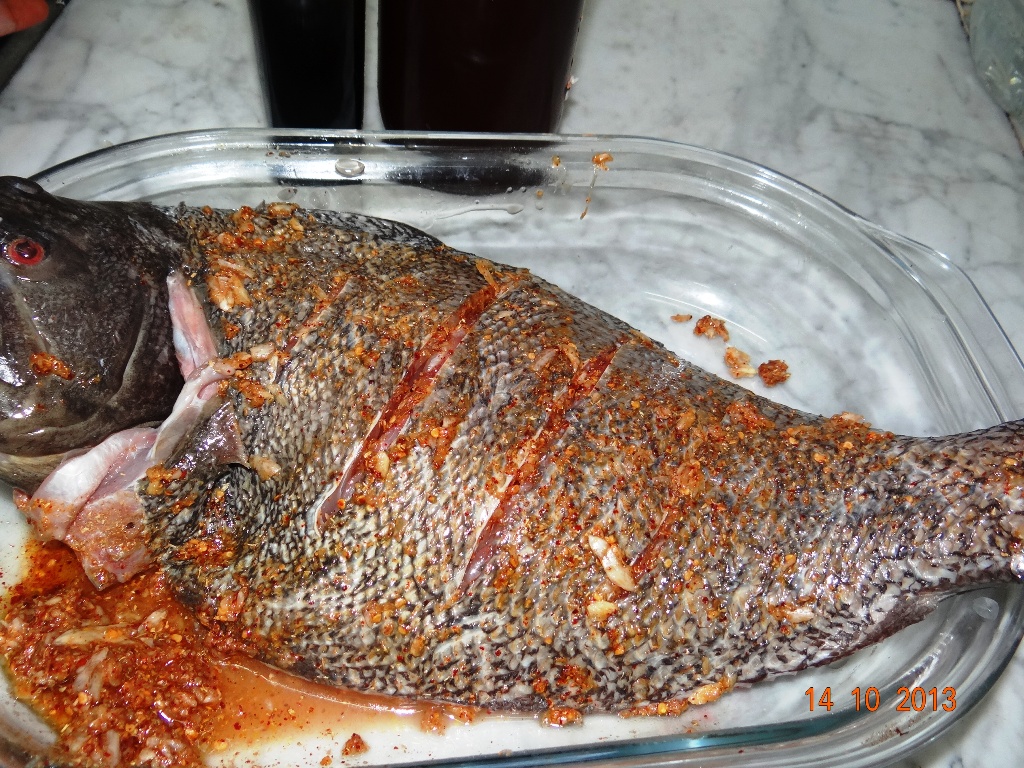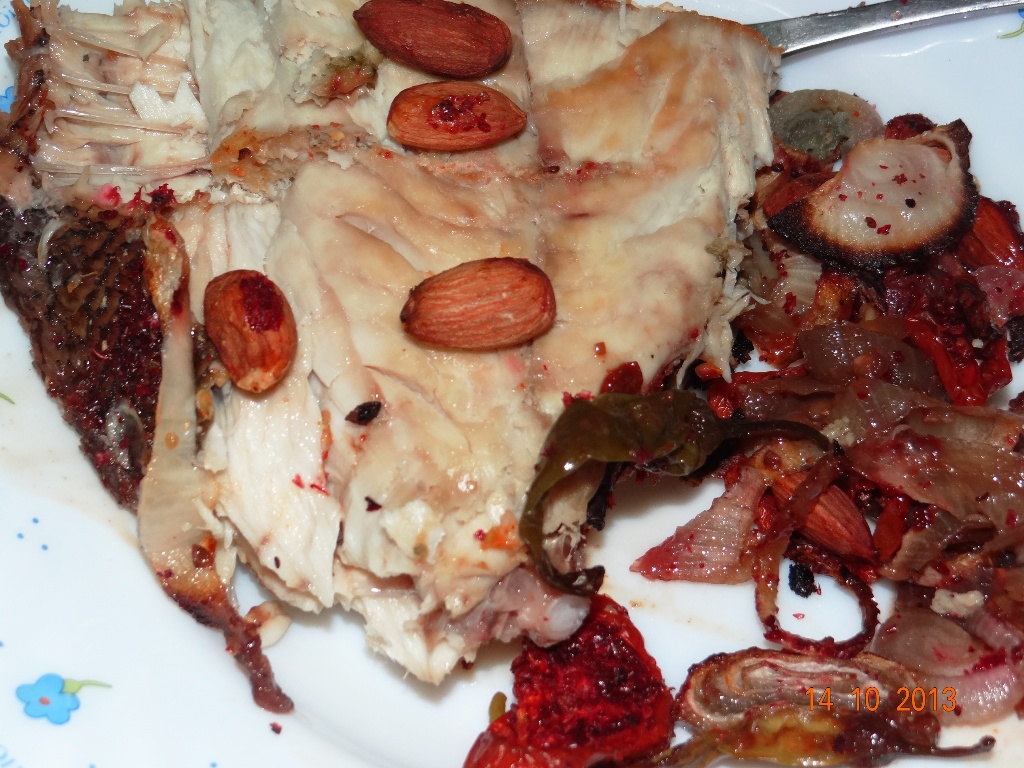Search
Main menu
- Home
- About us
- Online courses
- Tibb-e-Nabawi diet
- Diseases & Remedies
- Healing by Yaqeen
- Healing by Saalehaat
- Dua for Fear & Insomnia
- Dua for Extinguishing FIRE
- Fatihah even for Non-Muslims
- Ruqyah for General Sickness
- Ruqyah for Namlah (Sores)
- Ruqyah for Pains
- Ruqyah for Scorpion's Sting
- Ruqyah for Ulcers
- قُرْآنٌ / Quran
- فاتــحــة الكــتاب / Fatihah-al-Kitaab
- Sadaqah ~ Charity
- Salaat / Prayer
- Saum / FAST
- Healing by Hijaab
- Healing by Foods
- General Principles
- Zabeehah Rules
- The Healing Beverages / Drinks
- Foods ~ From Alif ( أ ) to Baa ( ب )
- Foods ~ From Taa ( ت ) to Raa ( ر )
- Foods ~ From Zaa ( ز ) to Ain ( ع )
- زبـــد / Zubd / Butter
- زنـــجبـــيل Zanjabeel / Ginger
- زَيْتٌ / Zait / Olive Oil
- ســـفرجـــل / Safarjal / Quince
- سِلـق / Silq (Beetroot)
- ســـمــك / Samak (Fish)
- سَمْن / Sam'n / Ghee
- شـــحـم / Sha'hm / FAT
- حنــيذ / شواء / Shiwaa' ~ Haneez
- طــلـــح / Tal'h / Bananas
- عـــدس / Adas (Lentils)
- عــســل / Honey
- عــنب / Enub / Grapes & Zabeeb
- Foods ~ From Qaaf ( ق ) to Yaa ( ى )
- Healing by Herbs
- Healing by Hijamah
- Prophet's Guidance
- Modern ailments
- Formulations
- Recipes
- Blessed Foods / Drinks
- Breakfasts
- Barley Soups
- BARLEY Cakes
- Cottage Cheese / Yogurt recipes
- Fish, Meat & Poultry
- Fruit Ice Creams
- Hais ~Kalaqand / Halwah recipes
- Pickles, Chutneys & Molasses
- Veggies / Lentils / Rice in Olive Oil
- Beetroot Pulao
- Camel's Qeema Pulao
- Red cabbage Pulao
- Bell Peppers in Olive Oil
- Bell Peppers stuffed with Kebabs
- Bitter Gourd in Olive Oil
- Black eyed peas with Beetroot
- Cauliflower in Olive Oil
- Oven Baked Vegetables
- SAAG with Olive Oil
- Sweet Potato Cutlets
- Sweet Potatoes in Olive Oil
- White Beans with Spinach
- Camel's meat Pulao with Red Rice
- Cooking with Olive Oil
- Halal Vinegar Technology
اللَّهُمَّ إنِّي أَسْأَلْكَ الجَنَّة ومَا قَرَّبَ إليهَا مِن قَّولٍ وعَمَلٍ، وأعُوذُ بِكَ منَ النَّارِ ومَا قَرَّبَ إليْهَا مِن قَوْلٍ وعَمَلٍ، وأسألُكَ أنْ تَجْعَلَ كُلَّ قَضَاءِ لي خَيْراً، وأسْألُكَ ما قَضَيْتَ لي مِن أمْرٍ أن تَجْعَلَ عَاقِبَتَهُ رَشَداً
Samak (Fish)
سَمَكٌ: روى الإمام أحمد بن حنبل، وابن ماجه فى "سننه": من حديث عبد الله بن عمر، عن النبىِّ صلى الله عليه وسلم أنه قال: "أُحِلَّتْ لنا مَيْتَتانِ ودَمَانِ: السَّمَكُ والجَرَادُ، والكَبِدُ والطِّحَالُ
أصنافُ السَّمَك كثيرة، وأجودُه ما لذَّ طعمه، وطابَ ريحُه، وتوسَّط مقدارُه، وكان رقيقَ القشر، ولم يكن صلبَ اللَّحم ولا يابسه، وكان فى ماءٍ عذب جارٍ على الحصباء، ويتغذَّى بالنبات لا الأقذار، وأصلح أماكنه ما كان فى نهر جيد الماء، وكان يأوِى إلى الأماكن الصخرية، ثم الرملية، والمياه الجارية العذبة التى لا قذرَ فيها، ولا حمأة، الكثيرة الاضطراب والتموج، المكشوفة للشمس والرِّياح. والسَّمَك البحرى فاضل، محمود، لطيف، والطرى منه بارد رطب، عَسِر الانهضام، يُولِّد بلغماً كثيراً، إلا البحرىَ وما جرى مجراه، فإنه يُولِّد خلطاً محموداً، وهو يُخْصِبُ البدن، ويزيد فى المَنِىِّ، ويُصلح الأمزجة الحارة وأجودُ ما فى السَّمَك ما قرُب من مؤخرها، والطرىُّ السمين منه يُخصب البدن لحمُه ووَدَكُه. وفى "الصحيحين": من حديث جابر بن عبد الله رضى الله عنه قال: "بعثنا النبىُّ صلى الله عليه وسلم فى ثلاثمائة راكب، وأميرُنا أبو عُبيدة بن الجرَّاح، فأتينا الساحِلَ، فأصابنا جوعٌ شديد، حتى أكلنا الخَبَطَ، فألقى لنا البحرُ حوتاً يقال لها: عنبر، فأكلنا منه نِصفَ شهرٍ، وائتدمنا بوَدَكِه حتى ثابت أجسامُنا، فأخذ أبو عبيدة ضلعاً من أضلاعه، وحمل رَجُلاً على بعيره، ونصبه، فمرَّ تحته
Ibn al-Qayyim wrote : Imam Ahmad ibn Hanbal and Ibn Majah narrated from Abdullah ibn Umar that Prophet Muhammad صلى الله عليه وسلم said: "Two dead things and two types of blood have been made lawful for us: fish and locusts, and the liver and the spleen."
There are many types of fish, with the best being those that have a pleasant taste, a good aroma, a moderate size, and a thin skin. They should not have tough or dry flesh and should thrive in clear, flowing water, feeding on plants rather than debris. The ideal locations for fish are clean rivers, rocky areas, sandy spots, and fast-moving, clear waters exposed to sunlight and air.
Sea fish are excellent and highly regarded. Fresh sea fish are cold and moist, difficult to digest, and can produce excess phlegm. Fish is nourishing for the body, increases vitality, and improves hot temperaments. The best part of the fish is close to its tail, and fatty fresh fish enriches the body with both flesh and fat.
In the Sahihain, Jabir ibn Abdullah Radi Allaho Anh reported: " Prophet Muhammad صلى الله عليه وسلم sent us, three hundred riders, with Abu Ubaidah ibn al-Jarrah Radi Allaho Anh as our leader. We reached the coast and experienced severe hunger, to the point that we ate leaves from the wild trees. Then the sea brought us a fish called “Amber” (kind of a whale) and we ate from it for half a month, benefiting from its fat until we regained our strength. Abu Ubaidah took a rib from that fish and asked a man to ride on his camel and then pass under the rib, which he easily did."
Ibn al-Baytaar wrote: Larger fish provide more nutrition but also produce more waste. Fish that is overly slimy, bad-smelling, or lacking flavor is particularly harmful and should not be consumed. The best fish are those that are flavorful and have little slime, regardless of size. Good fish are rarely found in stagnant waters, marshes, or muddy areas. The best fish come from clean, fresh rivers and seas with clear water, especially those exposed to wind. Yellowish or black fish are usually poor in quality. Fish, when prepared with vinegar, can be beneficial for people suffering from fever, jaundice, or liver conditions.
To mitigate the harmful effects of fish, especially for those with cold temperaments, it should be fried olive oil, and eaten with ground pepper.
Fish cooked on hot coals is easier to digest than fish fried in oil, especially small fish. However, fish coated in flour and fried in oil is heavy and increases thirst. Salted fish, when eaten over time, produces phlegm, leading to diseases such as scaly rashes and white patches on the skin, as well as dropsy (edema). This is because salted fish blocks the flow of urine and the liver’s channels, causing excessive water consumption.
Al-Razi in Al-Hawi: Fish that live in muddy, stagnant waters full of impurities have slimy, poor-quality meat, while fish from clear, flowing water is better in quality, especially if the water is exposed to winds. Fish found near the mouths of rivers, where city waste flows into the water, is the worst in quality. Fish from lakes connected to both a large river and the sea has a quality between sea fish and river fish, as it moves between both environments.
The best fish come from clean, clear seas, particularly where the coast is rocky or sandy, rather than muddy. Fish that face northward winds are considered the best, as the constant movement improves their quality. Sea fish that enter rivers are full of small bones. The best fish should have tender meat, without a sharp, bitter taste. Fish that is overly fatty or greasy is tastier but more difficult to digest and less nutritious.
The blood produced by fish is thinner and lighter than that produced by livestock, and its nutrients are digested faster. Dry, firm fish that lacks moisture is more nutritious, while fatty fish, though it satisfies hunger quickly, reduces appetite afterward. Rock fish is quick to digest and promotes good health, as it produces balanced blood. However, fish from polluted areas tends to be more fatty and less nutritious. Tougher fish with thick flesh should be eaten with light sauces to aid digestion. Good-quality fish can be used to prepare soups for convalescing patients, while healthy individuals may benefit from grilled fish.
Ibn Masa: The fish increases sexual desire. Fish eaten with eggs is particularly harmful, as it causes indigestion and discomfort.
Ibn-e-Sina wrote: The best fish is one that is neither too large nor tough, nor overly dry, greasy, or slimy. Its flesh should not be hard, excessively fatty, or pungent. The taste should be pleasant and delicate. Fish with moderate fat content, neither too thick nor too oily, is preferred. Fish that does not quickly spoil once removed from water is considered better. Among the fish with firmer flesh, smaller varieties are preferable, while among those with softer flesh, larger fish are better. Salted fish is better than fresh fish in terms of firm texture. The best fish live in rocky areas, followed by sandy shores and freshwater streams that are clean and free of silt. Fish living in stagnant waters, small lakes, or ponds are of lower quality. Marine fish are considered to have tender flesh, especially those found in deep waters with exposed, turbulent seas. These fish are known to be well-conditioned and tougher. Fish that live in waters subject to frequent movement, such as rivers and oceans, are considered superior because they are more active and stronger. The best fish come from areas where the water is disturbed by waves and wind. Fish that feed on healthy vegetation and plant roots are better than those that feed on decaying matter or polluted waters, even if the latter are found in optimal environments.
The best way to eat fish is either stewed or grilled, with grilling on an open flame being especially beneficial. Fried fish is suitable for those with a strong stomach, specially when combined with spices. Grilled fish is the most nutritious and digests slowly, making it more beneficial for the body. The best method of cooking fish is to boil water until it reaches a rolling boil, then place the fish in it. Salted fish is best when it is fresh and not overly salted, and it is also good when marinated with vinegar and spices. Salted fish is hot and dry, and the older it gets, the more pronounced these qualities become. Fresh fish produces watery phlegm and has a relaxing effect on the nerves. It is best suited for people with very hot stomachs. Its flesh is delicate. Salted fish helps expel the snot from the nostrils.
Joint Pain: Repeated application of salted fish oil is very effective in treating hip pain. Fresh fish relaxes the nerves and is also beneficial for joint pain.
Eyes: Eating fried fish in excess can cause a cloudy vision.
Sexual Health: All types of fresh fish increase sexual desire. Fish when eaten hot and fresh, stimulates libido and boosts energy.


 Online Guests
Online Guests
We have 261 guests and no members online

